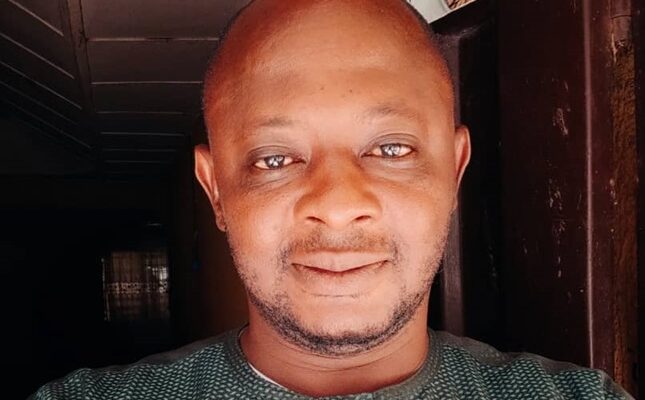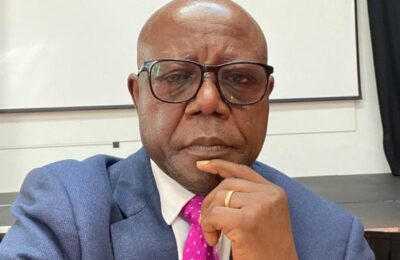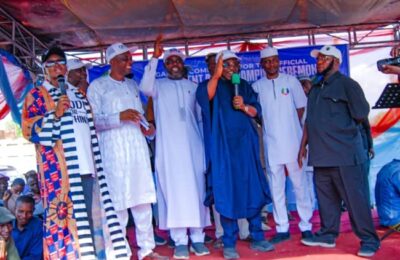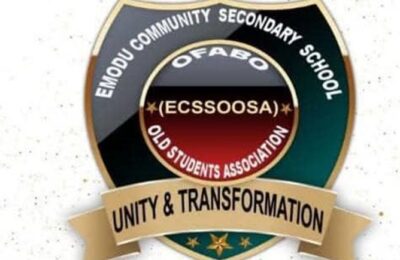When a nation forgets the voices at its fringes, it begins to architect its own implosion. The marginalization of Nigeria’s minority tribes—like neglected wells in a parched village—has created a silence too dangerous to ignore. This is no mere administrative oversight; it is a chronic national illness camouflaged as federal character. The soul of the Nigerian federation is fracturing at its weakest link, and the weakest have been strong for too long.
From the oil-rich deltas of the South-South to the misty hills of Taraba and the overgrown cultural margins of the Middle Belt, ethnic minorities have become like ancient scrolls—rarely read, occasionally quoted, but never fully understood. In a country where the currency of recognition is population and political aggression, these tribes float like oil on troubled water—visible, valuable, but consistently siphoned off without restitution.
Jean-Jacques Rousseau warned that “the social contract is broken when the will of the minority is perpetually silenced by the tyranny of the majority.” Nigeria now risks that fracture. Political appointments and federal allocations often flow through ethnic pipelines monopolized by the “big three”—Yoruba, Hausa-Fulani, and Igbo—leaving others with symbolic scraps, like emperors tossing coins to street performers. But nations are not built on symbolism. They are forged in equity.
While the Chinese government has been heavily criticized for its authoritarian tendencies, it offers a lesson in infrastructure equity. The once-neglected Uyghur regions now boast advanced transportation grids, even if under scrutiny. The message? Even authoritarian states recognize that marginal spaces become breeding grounds for unrest. Nigeria, a democracy, must not wait for rebellion before deploying justice. It must not wait until the crocodiles cry before it remembers the river.
The Niger Delta’s past should have been our prophetic warning. There, oil wealth flowed like the mythical rivers of Shangri-La, but so did poverty, contamination, and betrayal. Ken Saro-Wiwa, like Cassandra of Troy, saw the tragedy before it came, but his warnings were buried with his body. He once said, “Silence would be treason.” Today, silence from Abuja toward minority grievances is not only treason—it is systemic sabotage.
Culturally, the erosion is even deeper. Many minority languages now teeter on the edge of extinction, like flickering lamps in a storm. UNESCO estimates that dozens of Nigeria’s indigenous tongues may vanish within a generation. What is a people without their tongue? A tree without roots. A nation that allows its minorities to lose their language is like a palace built on sand dunes: opulent but unstable.
The philosopher Kwame Nkrumah once declared, “Seek ye first the political kingdom, and all things shall be added.” Nigeria has done that—for the major tribes. But what happens when the political kingdom becomes a private estate? Minority tribes like the Idoma, Tiv, Ebira, Jukun, Nupe, Ogoja, Gwari, and others have repeatedly knocked on the gates of inclusion, but the doors are guarded by historical elitism and arithmetic injustice.
Democracy, in its truest form, is not about numbers; it is about justice. A system that prioritizes numerical dominance over human dignity is simply a sophisticated mob rule. Amílcar Cabral, the revolutionary from Guinea-Bissau, captured it best: “Tell no lies, claim no easy victories.” Nigeria’s present structure is a lie many are afraid to unmask—a lie that says only populous tribes matter, only loud voices count, only votes, not value, bring visibility.
But amid this decay, hope floats—bottled like a message tossed into the Atlantic by a desperate sailor. Minority youth are breaking the silence with social media activism, art, and innovation. Igala students winning international science competitions, Tiv writers penning globally recognized fiction, Ijaw musicians bringing Afro-fusion to global ears—these are not just achievements. They are protest songs. They are coded declarations of worth.
The solution is not rocket science. It lies in constitutional restructuring, equitable representation, state-managed cultural preservation, and a deliberate national framework that respects every tribe not as decorative diversity, but as equal stakeholders. Let each people be heard in the tongue of their ancestors. Let no tribe bow to another for permission to exist.
The Igala have a saying: “The tree that grows in silence is either a miracle or a mistake.” Nigeria’s minorities have been both—miracles of endurance, mistakes of neglect. But that must end. This bottle of hope must be opened. The message inside is clear: true nationhood begins where fairness becomes law, not favor. Where the smallest tribe stands shoulder to shoulder with the strongest. Where no voice is too faint to shape the future.
This is not just an ethnic call. It is a national alarm.
And the time to answer is now.
– Inah Boniface Ocholi writes from Ayah – Igalamela/Odolu LGA, Kogi state.
08152094428 (SMS Only)




